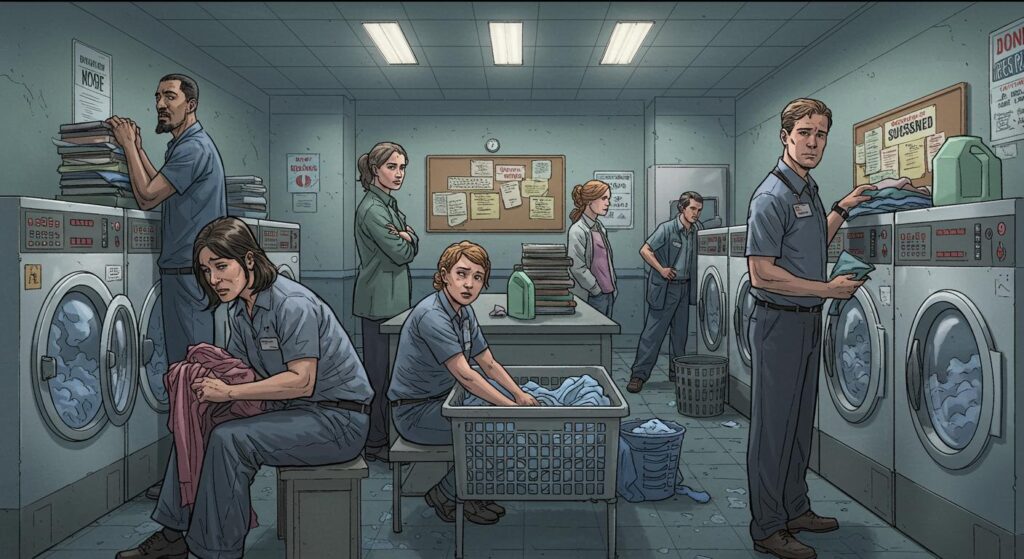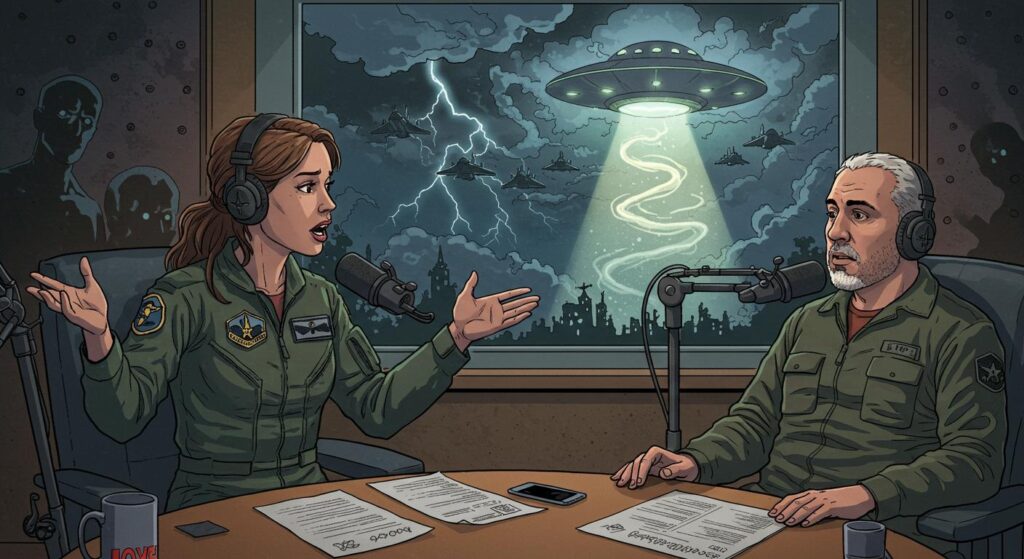There are dream jobs, and then there’s the story of Laurence Van Wassenhove—a woman allegedly paid by one of Europe’s major telecom companies to do, quite literally, nothing for 20 years. Cue the chorus: “Where do I sign up?” But before we all submit applications to the Department of Forced Inactivity, let’s untangle this unusually modern parable of employment, dignity, and the surprisingly crushing weight of having nowhere to be.
When Isolation Pays (But at What Cost?)
By most accounts, notably a detailed report from the Daily Mail, Van Wassenhove started out with ambitions—hardly the picture of someone seeking an endless paid sabbatical. In 1993, she joined what was then France Télécom, later known simply as Orange, working in human resources. Then came medical setbacks: epilepsy and hemiplegia, a form of paralysis. Orange, adapting to these developments, reassigned her to secretarial duties and reportedly made adjustments to her work environment.
However, as described in coverage by both the Daily Mail and UNILAD, an occupational health assessment in 2004 found her unfit for her role—even one already tailored to her physical needs—and she was officially placed on standby. What followed was, according to Van Wassenhove’s own accounts to French media and cited by multiple outlets such as News24, a two-decade stretch where the only thing certain was the direct deposit: she alleges she was told to remain at home with no tasks, no office, and no contact with colleagues. In her own words to Mediapart, “I was paid, yes, but I was treated like I didn’t exist.”
The Perils of Infinite Free Time
It’s tempting—especially for anyone fighting inbox fatigue—to see Van Wassenhove’s situation as a bizarre kind of win. But context is everything. “Being paid, at home, not working is not a privilege,” she explained in comments quoted by FTV and documented in the Daily Mail as well as East Coast Radio. The absence of purposeful work and human connection left her feeling like an “outcast secretary”—her phrase—highlighting the corrosive effect of perpetual idleness and invisibility.
Van Wassenhove’s lawyer, David Nabet-Martin, contends that Orange repeatedly failed to offer true accommodation, in violation of French labor law. According to official requirements outlined in the Daily Mail’s reporting, employers are obliged to make genuine efforts to provide suitable roles for workers declared medically unfit for their original positions. Despite Van Wassenhove’s documented attempts to secure training and redeployment, she claims she was kept in enforced limbo, her requests met with bureaucratic inertia rather than genuine support—all facts brought to light in the combined reporting of Daily Mail and UNILAD.
In a detail noted by the Daily Mail, Van Wassenhove describes how this “privileged” arrangement failed to shield her from tangible hardships: despite drawing a salary, unpaid bills and the threat of eviction became regular concerns. How does income become meaningless? Perhaps when it lacks the affirmation and scaffolding of social legitimacy that “work” in its truest sense provides.
Corporate Intent or Bureaucratic Drift?
Orange disputes Van Wassenhove’s version, according to relevant statements highlighted by both News24 and UNILAD. Company officials say they accounted for her “personal social situation” and strived to create the most supportive conditions possible, with plans to reintegrate her into a role—plans, they claim, stymied by her frequent sick leave. UNILAD’s coverage emphasizes the company’s argument that it did not deliberately sideline Van Wassenhove, but rather became entangled in the ongoing cycle of accommodations, medical exemptions, and administrative delays.
So, was this a calculated effort to nudge a long-term employee out the door, or a case where corporate bureaucracy achieved, through sheer drift, a kind of unintentional exile? The difference may be subtle, especially from the vantage point of someone paid not to belong for two decades.
The Existential Price of Invisibility
Much of this story dives into philosophical waters. Is the point of work the paycheck, the purpose, or simply the feeling of mattering to society? Nabet-Martin, as cited by News24, argues that for a disabled person, “work” can be the linchpin for social inclusion—a channel to recognition and community. If labor is reduced to a monetary transaction untethered from social value, what happens to the person at the other end of the paycheck?
The legal outcome is still undetermined, but the broader takeaway, as regularly reiterated in reports like those on East Coast Radio and News24, is not unique to French employment law. It’s a human insight: unlimited idle time and a salaried void is a scenario perhaps less enviable than the memes suggest. If professional nothingness is the gold standard, why does it so often turn to isolation and despair?
Perhaps the strangest jobs are the ones where you don’t have to do anything at all. But is it a job at that point, or a long, lonely experiment in how little it takes for the soul to atrophy?
If you were offered two decades of idleness on full salary, would you still demand a purpose—or just a beach house and a better therapist?







